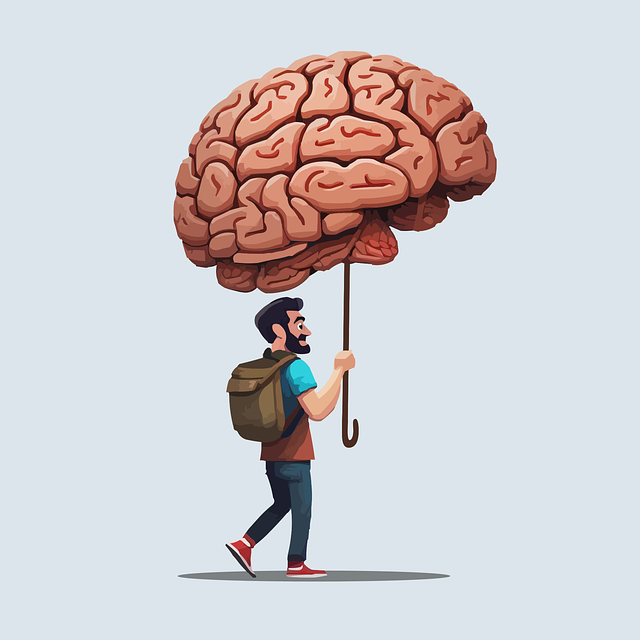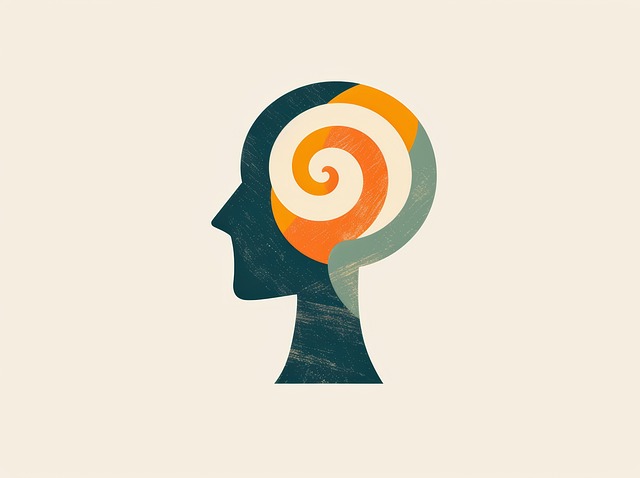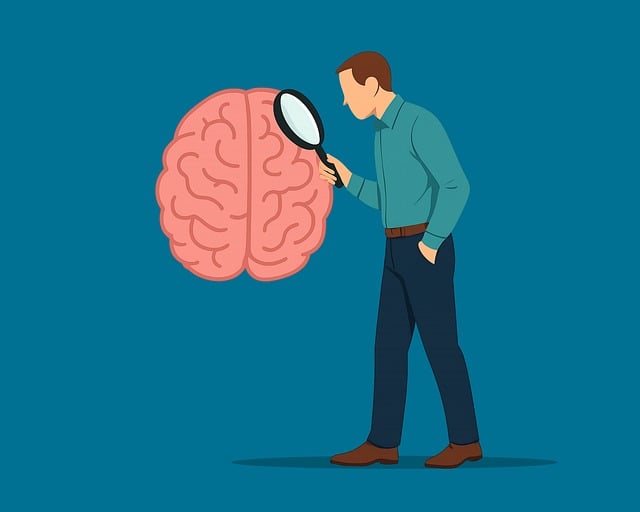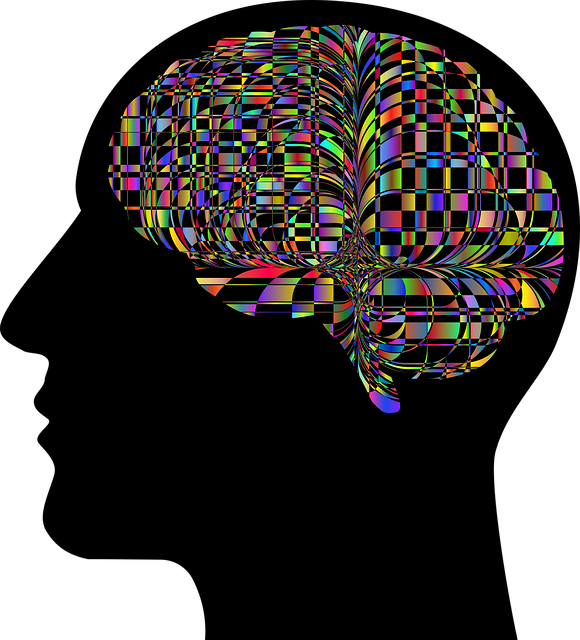Mental wellness self-assessment tools, such as those inspired by Longmont Somatic Experiencing (SE) Therapy, empower individuals to take charge of their emotional well-being. These tools facilitate self-discovery, address diverse mental health concerns, and reduce stigma through holistic, non-verbal approaches like focusing on mind-body connections. Effective assessments should include reflective prompts, self-rating scales, and interactive elements for enhanced engagement. Integrating Longmont SE Therapy into these tools offers unique insights into emotional states, promotes cultural sensitivity, and fosters conflict resolution skills for improved mental wellness. Robust design, testing, and feedback are crucial for ensuring accuracy, reliability, validity, and cultural relevance in mental wellness self-assessment tools.
Mental wellness self-assessment tools are gaining prominence as individuals seek more control over their emotional well-being. This article explores the development of such tools, highlighting the crucial need for personalized approaches. We delve into Longmont Somatic Experiencing (SE) Therapy, a holistic trauma healing method, and its potential to enhance emotional awareness through self-assessment. By focusing on key components, integrating SE techniques, and ensuring accuracy through testing, we can create effective tools that support mental wellness journeys.
- Understanding Mental Wellness Self-Assessment: The Need for Personalized Tools
- Longmont Somatic Experiencing (SE) Therapy: A Holistic Approach to Trauma Healing
- Developing Effective Self-Assessment Tools: Key Components and Features
- Integrating SE Techniques into Self-Assessment: Enhancing Emotional Awareness
- Testing and Validating Mental Wellness Self-Assessment Tools for Accuracy and Reliability
Understanding Mental Wellness Self-Assessment: The Need for Personalized Tools

Mental wellness self-assessment tools play a pivotal role in empowering individuals to take charge of their mental health and well-being. As we navigate an increasingly complex world, personalized assessment methods are becoming indispensable. These tools serve as gateways to self-discovery, enabling people to understand their unique mental landscapes and identify areas requiring support. By integrating practices like those offered by Longmont Somatic Experiencing Therapy, individuals can access evidence-based techniques tailored to their specific needs.
The development of such assessments should consider the diverse nature of mental health concerns, from stress management and emotional resilience to more complex conditions. A comprehensive self-assessment should also address stigma reduction efforts, fostering a non-judgmental environment where individuals feel safe to explore their experiences. Moreover, incorporating compassion cultivation practices can enhance these tools’ effectiveness, promoting not just awareness but also self-compassion, crucial elements in the mental wellness journey.
Longmont Somatic Experiencing (SE) Therapy: A Holistic Approach to Trauma Healing

Longmont Somatic Experiencing (SE) Therapy offers a holistic approach to trauma healing, focusing on the profound connection between the mind and body. This therapeutic method recognizes that traumatic experiences often leave residual physical sensations and responses that can manifest as ongoing mental health issues like anxiety. By tapping into these bodily memories, SE therapy facilitates the release of repressed emotions and enables individuals to regain control over their physiological reactions.
The process involves gentle, non-verbal techniques to help clients rescribe their response to traumatic events, fostering a deeper sense of safety and security in the present moment. This not only aids in Anxiety Relief but also promotes Self-Care Practices that are integral to maintaining mental wellness. The development of Longmont Somatic Experiencing Therapy underscores the growing emphasis on alternative healing methods within the broader landscape of Mental Wellness Coaching Programs Development.
Developing Effective Self-Assessment Tools: Key Components and Features

Developing effective self-assessment tools for mental wellness is a multifaceted process that requires careful consideration of several key components. These tools play a pivotal role in empowering individuals to take charge of their mental health, offering valuable insights into their emotional well-being and potential areas of improvement. One such innovative approach, inspired by the principles of Longmont Somatic Experiencing Therapy, focuses on integrating body-mind connections to facilitate a holistic understanding of an individual’s mental state.
Effective self-assessment tools should be user-friendly, providing clear instructions and intuitive formats that guide users through their emotional experiences. Incorporating features such as reflective prompts, self-rating scales, and interactive elements can enhance engagement and encourage deeper introspection. Moreover, integrating these tools into a broader Mental Wellness Podcast Series Production or Stress Management Workshops Organization can provide an engaging platform for individuals to explore their mental health actively. Similarly, designing Mental Health Education Programs that include self-assessment components can equip individuals with practical skills to monitor and manage their emotional well-being, fostering a more proactive approach to mental wellness.
Integrating SE Techniques into Self-Assessment: Enhancing Emotional Awareness

Integrating Somatic Experiencing (SE) techniques into mental wellness self-assessment tools offers a powerful approach to enhancing emotional awareness and overall well-being. Longmont Somatic Experiencing Therapy, for instance, focuses on the connection between the mind and body, recognizing that emotional trauma can manifest physically. By incorporating SE practices, these assessments go beyond traditional questionnaires, encouraging individuals to explore their bodily sensations as indicators of underlying emotional states. This method facilitates a deeper understanding of one’s mental health by addressing the complex interplay between the brain, body, and past experiences.
Furthermore, cultural sensitivity in mental healthcare practice is fostered through this integration. SE techniques respect individual experiences and help bridge cultural gaps, as they are non-verbal and can transcend language barriers. This aspect is crucial in reducing the stigma associated with mental illness, particularly when diverse communities are involved. Additionally, conflict resolution techniques inherent in SE can assist individuals in navigating difficult emotions and past traumas, ultimately empowering them to manage their mental wellness more effectively.
Testing and Validating Mental Wellness Self-Assessment Tools for Accuracy and Reliability

The development of a robust mental wellness self-assessment tool is only half the battle; ensuring its accuracy and reliability is paramount to effectively supporting individuals’ mental health journeys. This involves rigorous testing and validation processes, especially when drawing from therapeutic practices like Longmont Somatic Experiencing Therapy (SE). These tools must demonstrate consistency in their outcomes over time and across different user groups to be considered reliable. Validity, on the other hand, ensures that the assessments accurately measure what they intend to—in this case, mental wellness dimensions such as mood, anxiety, and self-perception.
One effective strategy for validation is to compare assessment results with established clinical measures or expert evaluations. Additionally, employing statistical methods like factor analysis can help establish the construct validity of the tools. Furthermore, integrating feedback from diverse user groups, including those focusing on confidence boosting, self-esteem improvement, and self-care routine development for better mental health, is vital. This collaborative approach ensures that the self-assessment tools are sensitive to individual differences and culturally relevant, thereby enhancing their overall effectiveness.
The development of mental wellness self-assessment tools, particularly integrating techniques like Longmont Somatic Experiencing (SE) therapy, holds significant promise in promoting personalized well-being. By focusing on key components such as emotional awareness and validated methodologies, these tools can enhance individuals’ understanding of their mental health. Through effective testing and validation, we ensure accuracy and reliability, empowering folks to take charge of their psychological landscape. This holistic approach, inspired by SE therapy, fosters a deeper connection with one’s inner world, offering a game-changer in the realm of mental wellness assessments.














